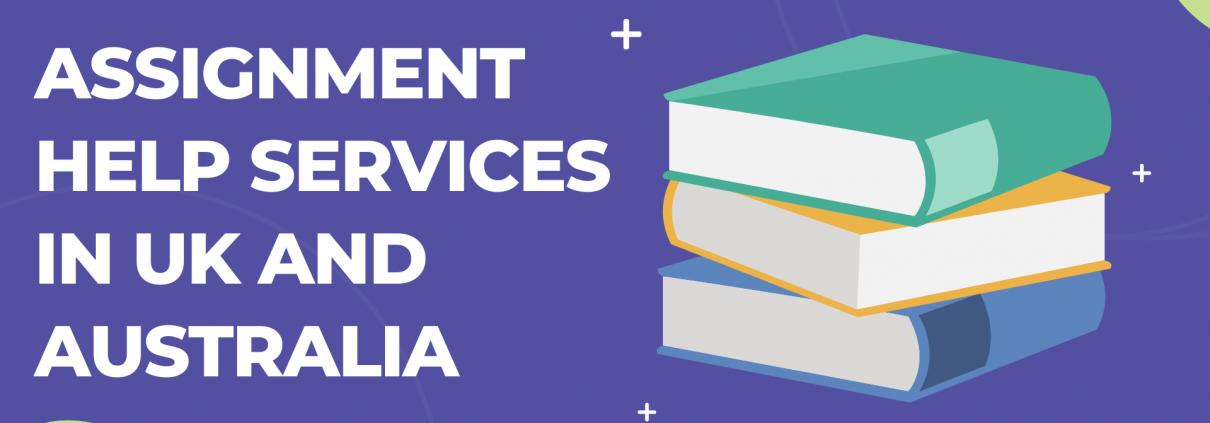Description
Purpose
You are required to submit Reflective Analysis entries on different topics covered in the unit and include one professional identity self-reflection, as specified below. The purpose of reflection entries is to consider the issues examined in class and in the weekly reading for the topics studied, and use this understanding to write a reflective summary. A reflective analysis is not simply a summary of the reading. Reflective thinking requires you to consider the key points and issues, and to critically evaluate and apply them. Part 1: Requirements – Reflective Analysis Entries 1 and 2:
• Weighting: 20%
• Word count: 1000 words (500 words maximum for each entry), plus a reference list (not included in word count).
• Choose any two (2) topics from Topics 1, 2, and 3:
Topic 1: Introduction to the Field of Organisational Behaviour
Topic 2: Individual Behaviour, Personality, Values and Perceptions
Topic 3: Workplace Emotions, Attitudes and Stress
Part 2A: Requirements – Reflective Analysis Entries 3, 4, and 5: •
Weighting: 24%
• Word count: 1500 words (500 words for each entry), plus a reference list.
• Choose any three (3) topics from Topics 4, 5, 6, 7 and 8:
Topic 4: Employee Motivation and Applied Performance Practices
Topic 5: Decision Making and Creativity
Topic 6: Team Dynamics and Communicating in Teams
Topic 7: Power and Influence; Conflict and Negotiation in the Workplace
Topic 8: Leadership in Organisational Settings
• Each Reflective Analysis Entry must be clearly organised under the three headings below and should include the following contents and address the following questions:
1. Learning
What have I learnt (i.e., what was new/different for me)? Reflective analysis on learning from lectures, seminars and assigned reading(s) for the topic you choose.
2. Critique
How relevant is the topic of study? This should include a discussion of strengths and weaknesses of the key theories/ideas/concepts for the topic. You are required to cite at least one of the assigned journal article readings for the topic you choose in this section.
3. Reflection
o To what extent do the concepts/ideas and theories reflect what happens in my work place? (If you are not currently working, then reflect upon a previous place of employment or an organisation with which you are familiar such as a sport club).
o How can I make use of this learning in a future situation? For this section, you may choose to focus on one or two aspects of the topic. Useful information on reflective writing
• Please check https://www.deakin.edu.au/students/studying/study-support/academicskills/reflective-writing
Part 2B: Professional identity self-reflection
• Weighting: 6%
• Word count: 500 words maximum.
• Submit together with the entries 3, 4 and 5.
Scenario: Assume that you are applying for a ‘management’ job or internship with a medium to large organisation, and have been asked to submit a written statement before the interview. In this written statement, you must present a professional identity of yourself as a team leader, using relevant knowledge you have learned from this unit (MMM240).
You might consider using Topics 2, 3, 4, 5, 6, 7 and 8 to develop the written statement. Please refer to the assessment rubric at the end of this document for the assessment criteria and required performance levels.
Note that this entry does not require you to follow the contents, headings and structure as entries 1 to 5. You are suggested to select a couple of key aspects in relevant topics that you have learned in MMM240 to:
1) demonstrate your ability to evidence skills and experience, using a range of relevant examples from both formal course experiences, and/or extra-curricular activities (e.g., experiences working in a group assignment or part-time jobs, sport teams) to support your claim, and
2) show awareness of your own learning, skills and experience; and how this can be used to promote yourselves concisely and persuasively to potential employers.
Specific Requirements
The required Reflective Analysis entries should adhere to the following:
• A template (including cover page) has been provided to you for Part 1 and Part 2 (A and B) of the assessment. We strongly recommend that you use the template, which can be accessed in the Assessment Resources section of the CloudDeakin unit site. If you choose to create your own document rather than using the template, then please pay attention to the following formatting requirements:
o Clearly indicate the topic covered for Entries 1 to 5.
o Clearly use the topic number and name as the heading for each entry (e.g., ‘Topic 5:
Decision-Making and Creativity’) at the top, and the three sub-headings as mentioned above (i.e., Learning, Critique and Reflection) for Entries 1 to 5.
o State the word count on the cover page.
• Reference List: For the Entries 1 to 5, you are required to cite the textbook and the assigned journal article(s) for your chosen Topic. The assigned readings for each Topic are available on CloudDeakin. You must correctly and consistently use the Harvard style of referencing. Useful information and guidance on referencing can be found on the Academic Skills website.
• You might not need to cite any references for a professional identity self-refection (Entry 6).
• Please note that each entry should be as close as possible to the word limit (i.e., maximum of 500 words for each entry). Too much longer or shorter than the word limit will affect your marks. Any words over the word limit will not be marked. The reference list is excluded from the word count, but any in-text citations are included in the word count.
• Ensure that you have the Turnitin index under 25% (please check UniStart Deakin’s digital tools on how to use Turnitin to detect collusion and/or plagiarism).
• As all entries are reflective analysis exercises, you may write in the first person (e.g., use of “I” is acceptable; for example, “I believe that …”). The reflective analysis entry should be set out in paragraph writing (i.e., avoid using dot points).
• Submit as a single Word document (i.e., one Word document for Part 1, and one Word document for Part 2).
Learning Outcomes
This task allows you to demonstrate achievement towards the unit learning outcomes. The ULOs are aligned with specific graduate learning outcomes – that is, the skills and knowledge graduates are expected to have upon completion of their studies – and this assessment task is an important tool in determining achievement of those outcomes.
If you do not demonstrate achievement of the unit learning outcomes, you will not be successful in this unit.
It is good practice to familiarise yourself with the ULOs and GLOs as they provide guidance on the
knowledge, understanding and skills you’re expected to demonstrate upon completion of the unit. In this
way they can be used to guide your study.
Unit Learning Outcomes (ULO) Graduate Learning Outcomes (GLO)
ULO 1: Analyse organisational issues using the key concepts and theories of organisational behaviour.
GLO1: Discipline-specific knowledge and capabilities
GLO4: Critical thinking
ULO 2: Discuss the importance and impact of individual, group and organisational behaviour in the workplace.
GLO1: Discipline-specific knowledge and capabilities
ULO 3: Critically assess organisational behaviour issues as they relate to the effective management of workplaces.
GLO1: Discipline-specific knowledge and capabilities
GLO2: Communication
GLO4: Critical thinking
ULO 4: Apply and reflect upon learning from theories and concepts to case studies, practical events and professional development.
GLO1: Discipline-specific knowledge and capabilities
GLO2: Communication
GLO6: Self-management











